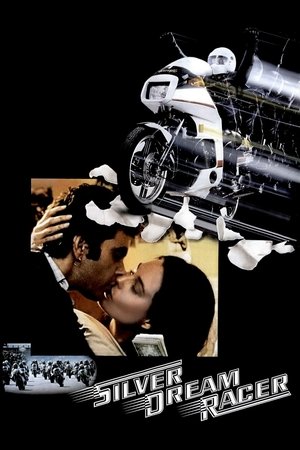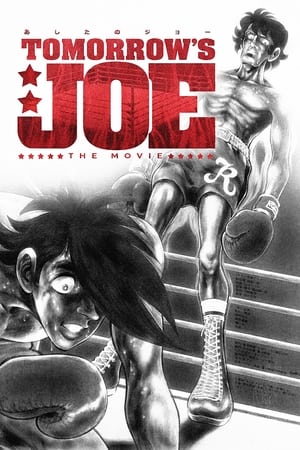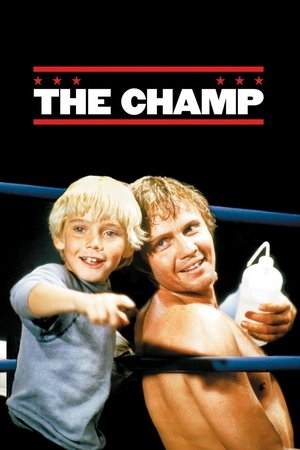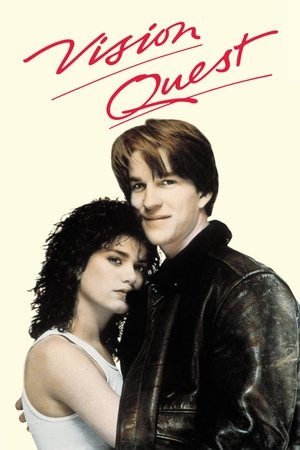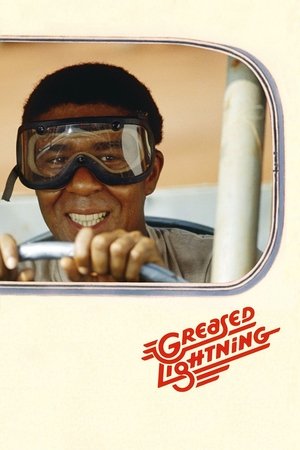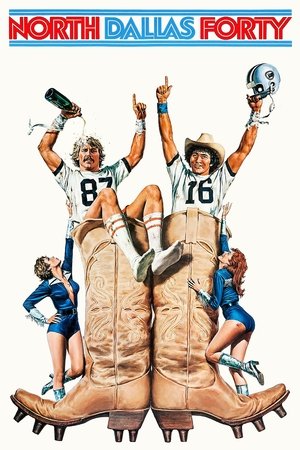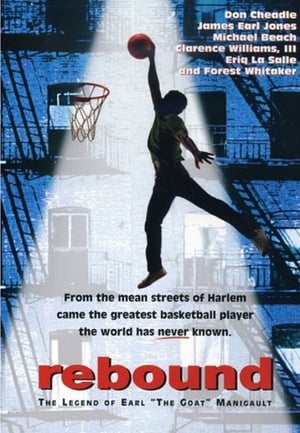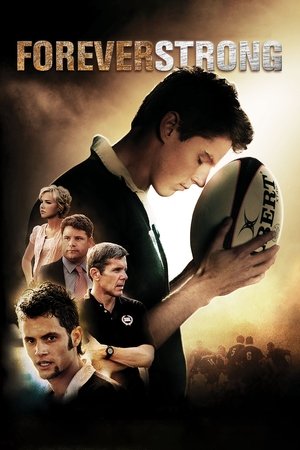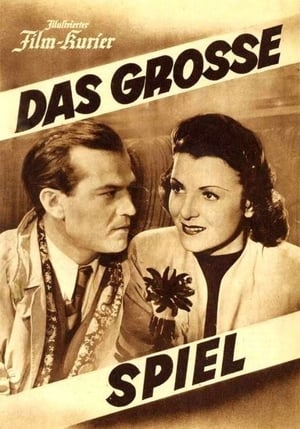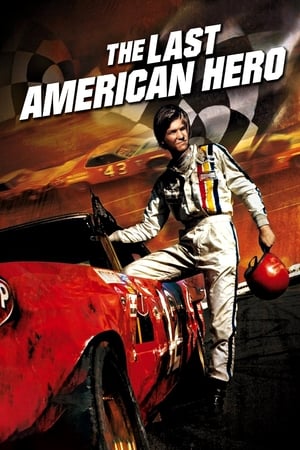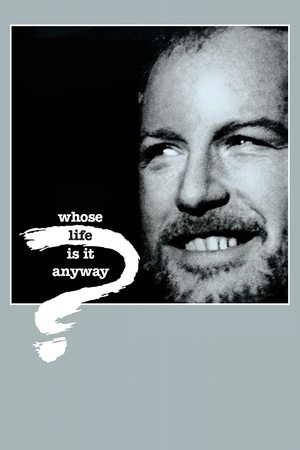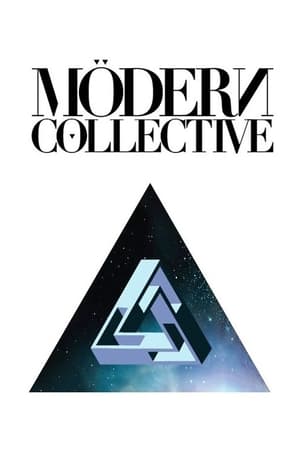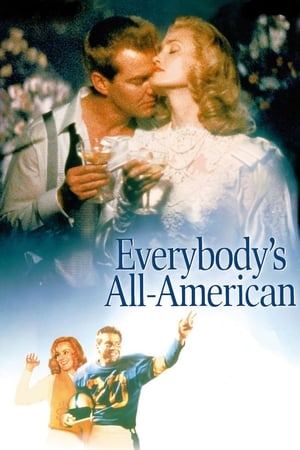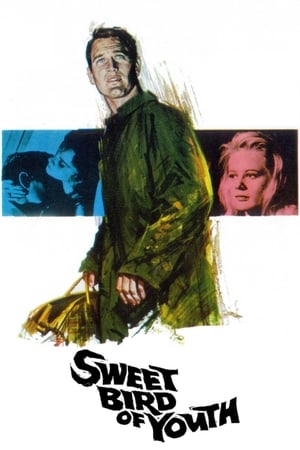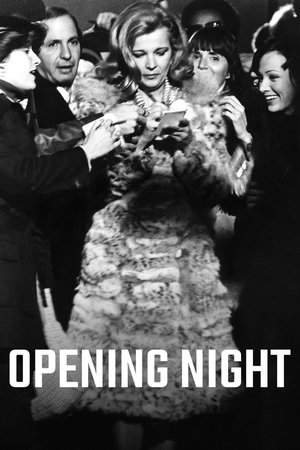Overview
Martial artist Mike Terry lives by a strict code of no competitions, for he feels that such contests weaken fighters. After saving a famous action star from a brutal attack, Mike takes a job in the film industry. He soon finds his personal beliefs and integrity on the line as circumstances force him to participate in a prize fight.
Reviews
Redbelt may not be, though it’s still pretty good, David Mamet’s best, but it is for the most part an interesting sample of his work in that it showcases some of his most finely honed traits and, more importantly, it is proof that the true mark of a gifted filmmaker is the ability to elevate any genre he chooses to use as raw material (his Spartan is another good example, as is Steven Soderbergh’s Haywire); in this case what we have is a deconstructed martial arts film, complete with a Big Tournament at the end – but the events leading up to it, and how the tournament itself unfolds, are handled with Mamet’s characteristic ear for realistic dialogue, attention to detail, and patience; the necessary patience to allow the plot to develop as a natural and organic succession of characters’ choices and their corresponding consequences, as opposed to, well, a plot. As a result we are spared such clichéd sights as the Training Montage, for instance, or the Romantic Interest.
The hero is Brazilian Jiu-Jitsu teacher Mike Terry (Chiwetel Ejiofor), whose mantra is “There is no situation that you cannot turn to your advantage.” In keeping with this, Mamet weaves a script where there are no wasted movements; as in a Rube Goldberg machine, every disparate element – idealistic sensei, shallow Hollywood star, troubled police officer, traumatized female lawyer, long-suffering wife, crooked club owners, shady businessmen, etc., etc., etc. – is interconnected with the others and all serve the story just like all roads lead to Rome. Even something so apparently random as some dude performing sleight of hand in bar in exchange for drinks will eventually fall into place and fit in with rest as neatly as a key going into a lock.
Only the ending seems like it was taken straight out of a much inferior movie (think something like a Kickboxer or a Never Back Down), and represents somewhat of an anomaly among Mamet’s filmography which, mostly for better but sometimes for worse, is nothing if not consistent – consider 1988’s Things Change, whose deus ex machina not only had a better set-up but was much easier to swallow because the movie was, after all, a comedy. But here the fanciful climax feels tacked on, especially after the effort made by both the filmmaker and his expert cast to invest the story with a palpable sense of realism. To go out of his way like this, Mamet clearly cared a great deal about the main character – and so will most people who watch the movie, though not necessarily, at least in my case, at the expense of inner logic.

 99 min
99 min
 6.451
6.451
 2008
2008
 USA
USA
 tmdb28039023 wrote:
tmdb28039023 wrote:
